
Here are a few tips so that you and your pets can have a happy holiday--without a trip to the emergency room at the animal hospital.
Though it’s tempting to share Thanksgiving delicacies with your pets, the best thing you can do for your cat or dog is simply to continue feeding them their regular diet. Giving your pet tasty table scraps can result in serious gastrointestinal issue ranging from mild vomiting and diarrhea to severe, life-threatening pancreatitis.
If you simply can’t resist sharing Thanksgiving dinner with your furry family members, please limit it to a few pieces of turkey meat only. Avoid side dishes because these may be high in fat. Onions, garlic, grapes, and raisins are actually toxic to pets, so these are to be avoided too. Absolutely do NOT give your dog bones to chew on: The marrow is extremely fatty and will almost always result in a nasty case of pancreatitis.
If you simply can’t resist sharing Thanksgiving dinner with your furry family members, please limit it to a few pieces of turkey meat only. Avoid side dishes because these may be high in fat. Onions, garlic, grapes, and raisins are actually toxic to pets, so these are to be avoided too. Absolutely do NOT give your dog bones to chew on: The marrow is extremely fatty and will almost always result in a nasty case of pancreatitis.
 Advise houseguests to keep chewing gum and medications out of reach from the furry paws and teeth of any nosy pets. Sugarless gum containing Xylitol can cause liver failure and low blood sugar, both of which can be life threatening. If your pet does get into any medications be sure to note the type, the quantity and the strength and bring your pet in to the hospital or call ASPCA Animal Poison Control immediately.
Advise houseguests to keep chewing gum and medications out of reach from the furry paws and teeth of any nosy pets. Sugarless gum containing Xylitol can cause liver failure and low blood sugar, both of which can be life threatening. If your pet does get into any medications be sure to note the type, the quantity and the strength and bring your pet in to the hospital or call ASPCA Animal Poison Control immediately.After a big Thanksgiving meal, when you and your family head outside for a walk, don’t forget to bring the pups along too. It’s the perfect time to spend a little time together and get in some extra exercise.
I know you’ll do your best to keep your pets safe and healthy on Thanksgiving, but if any of the above scenarios do happen, I will be seeing emergencies at the hospital on Friday. Hopefully there won’t be too many patients who overindulged on Thursday and wake up with an upset stomach.
Happy Thanksgiving from all of us at Friendship Hospital for Animals!








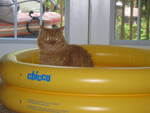 On presentation Linus was moderately dehydrated, slightly depressed and his heart rate was lower than I would have liked at 180 beats per minute. During abdominal palpation I was able to feel a very large, hard bladder and determined that he had a urinary obstruction. After quickly placing an intravenous catheter we collected blood to check his electrolyte status.
On presentation Linus was moderately dehydrated, slightly depressed and his heart rate was lower than I would have liked at 180 beats per minute. During abdominal palpation I was able to feel a very large, hard bladder and determined that he had a urinary obstruction. After quickly placing an intravenous catheter we collected blood to check his electrolyte status.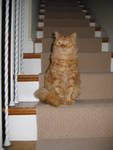
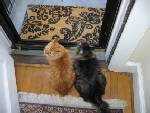

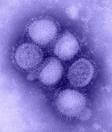 We have long known that many viruses can pass between people and animals so this event is not wholly unexpected. The important things to keep in mind are that this is an isolated incident and extensive testing by the World health Organization has determined that infection in other species does not indicate that the H1N1 virus has mutated to a more virulent form.
We have long known that many viruses can pass between people and animals so this event is not wholly unexpected. The important things to keep in mind are that this is an isolated incident and extensive testing by the World health Organization has determined that infection in other species does not indicate that the H1N1 virus has mutated to a more virulent form. 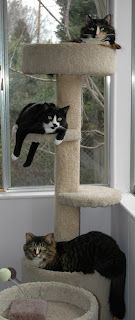
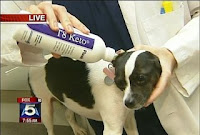

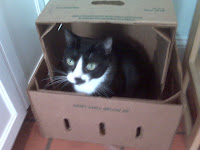
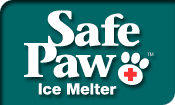
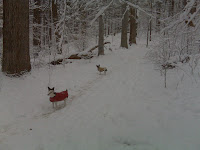 5) Freezing temperatures: I think this shouldn’t need to be said but keep your pets inside when it gets cold. If the thermostat dips below 40 degrees Fahrenheit bring outside dogs in and don’t let the kitty out for the night. Animals are susceptible to frostbite and hypothermia just like us so please protect them.
5) Freezing temperatures: I think this shouldn’t need to be said but keep your pets inside when it gets cold. If the thermostat dips below 40 degrees Fahrenheit bring outside dogs in and don’t let the kitty out for the night. Animals are susceptible to frostbite and hypothermia just like us so please protect them.
